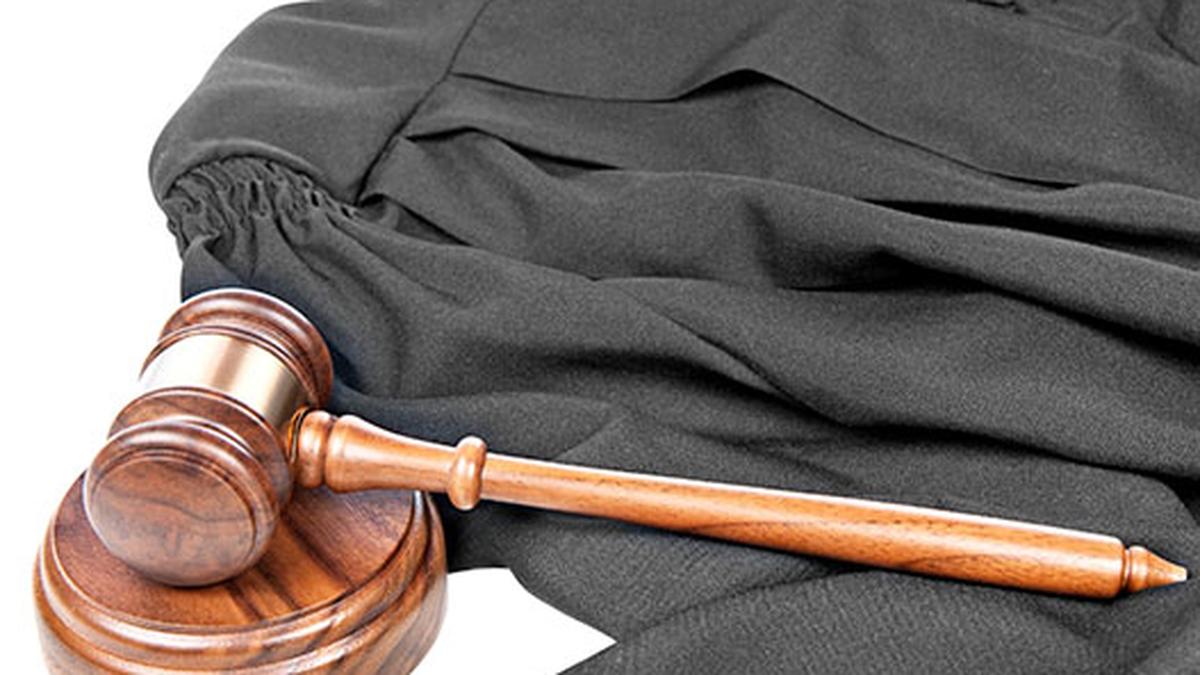
Karnataka Bar Council stops enrolment of law graduates from outside the State, over concerns of fake degrees
The Hindu
The Karnataka State Bar Council (KSBC) has temporarily withheld the enrolment of advocates who procured their three-year law degrees from other States after the number of candidates who sought enrolment with fake degrees increased recently.
The Karnataka State Bar Council (KSBC) has temporarily withheld the enrolment of advocates who procured their three-year law degrees from other States after the number of candidates who sought enrolment with fake degrees increased recently.
“Last month, we found out that 112 advocates had produced fake degrees and all of them were from Delhi. We have taken to this recourse earlier as well. This time the menace of fake degrees has increased many fold. We will soon discuss the issue in our meeting and take a call on the next course of action,” said Shiva Kumar N., a member of KSBC.
He said that these degree certificates often have a pattern and many discrepancies. “They would have gotten their degrees from Delhi, Uttar Pradesh or Chhattisgarh, but their residential address would be in Bengaluru. Sometimes, even when we send for verification, fake degrees have been acknowledged as real degrees. Owing to all these problems, we are not enrolling advocates who have studied in other States,” Mr. Kumar said.
While the KSBC directs advocates graduating from other States to take the bar exam in those respective districts and transfer to Karnataka, the advocates reportedly refuse.
Criticising the council’s move, Supreme Court and High Court advocate Brijesh Kalappa said: “There is no guarantee whatsoever that candidates cannot forge documents of non-existent colleges or procure fake degrees from within the State of Karnataka. It is the responsibility of the Bar Council concerned to assess and definitively verify the bonafides of the candidates. That cannot be done by preventing candidates from other States from enrolling in the KSBC. Therefore, the KSBC’s denial of enrolling such candidates smacks of unreasonable classification and arbitrariness and is therefore unconstitutional.” He added: “Moreover, it is denying potential advocates their fundamental right to profession under Article 19(1) (g) of the Indian Constitution.”













